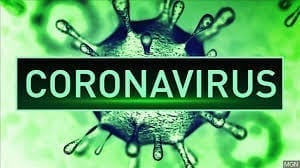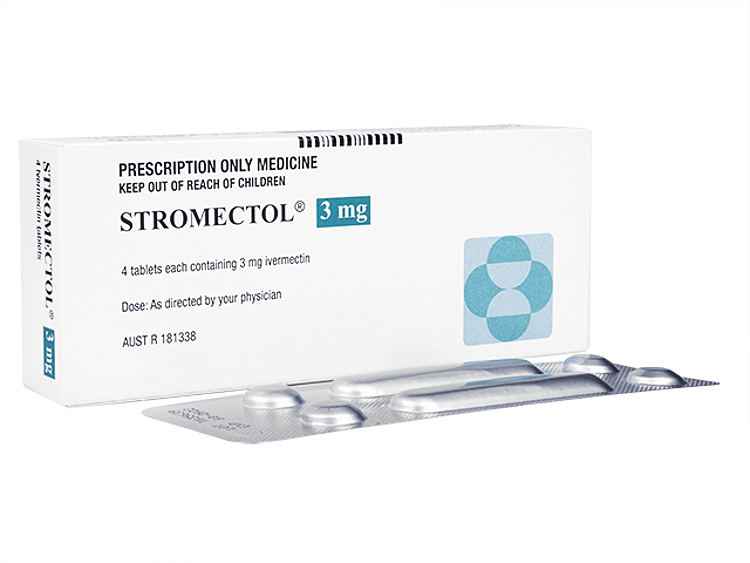10% Off COUPON CODE for New Customers: SAVE10
COVID-2019 – General Steps to Save Your Life

The novel 2019 coronavirus has killed many people, despite relatively low fatality rate. If you know how to behave yourself in the correct situation, you can protect yourself from infection or minimize its negative consequences (if you’ve had a close contact with a person with confirmed/alleged infection or just feel bad due to potentially dangerous cause).
On this page:
Step 1. Stay Away From People With Signs Of Illness
You should avoid close contacts with sick people. As interpreted by the US CDC, close contact means being within about 2 meters (6 feet) of a sick person or items which may be infected. Such a situation may occur when you visit, care of, live with coronavirus case or share the same room while visiting a doctor. It should also be noted that only a human can be a source of the virus, so if you have the opportunity to avoid crowds, do it.
Step 2. Do Not Touch Your Face With Your Hands
If you’re in a public place, ride public transport, etc., do not touch your eyes, mouth, nose with non-washed hands. Wash the hands thoroughly before touching the face. You can also rinse your mouth with saline, this will help increase local immunity.
Step 3. Stay Home If You Are Sick
If you’re sick (feel flu or cold symptoms), you should be at home getting better. Remember, coronavirus does not have specific symptoms in the initial stages. Not staying home in ill condition, you can aggravate its course and infect others. Don’t go to work, university or school. In addition, if you returned from the risk zone or think that you may have the dangerous disease for another reason, it is better to call an ambulance than visiting the hospital independently to minimize contacts.
Step 4. Clean Your Phone
We mentioned that it is not recommended to touch your face if your hands are unwashed.
However, many people forget that their gadgets (smartphones, smart watches, laptops, etc.) may also be carriers of the potentially fatal virus. The same applies to frequently touched surfaces. You may use a wipe, ordinary household spray, or ethanol-based disinfector.
Step 5. Do Not Forget About Others
Sikhs say, ‘Treat others as you would be treated yourself’. Sneezing or coughing, cover nose and / or mouth to prevent virus dissemination. Remember that respiratory droplets are the most common way of its spreading.
